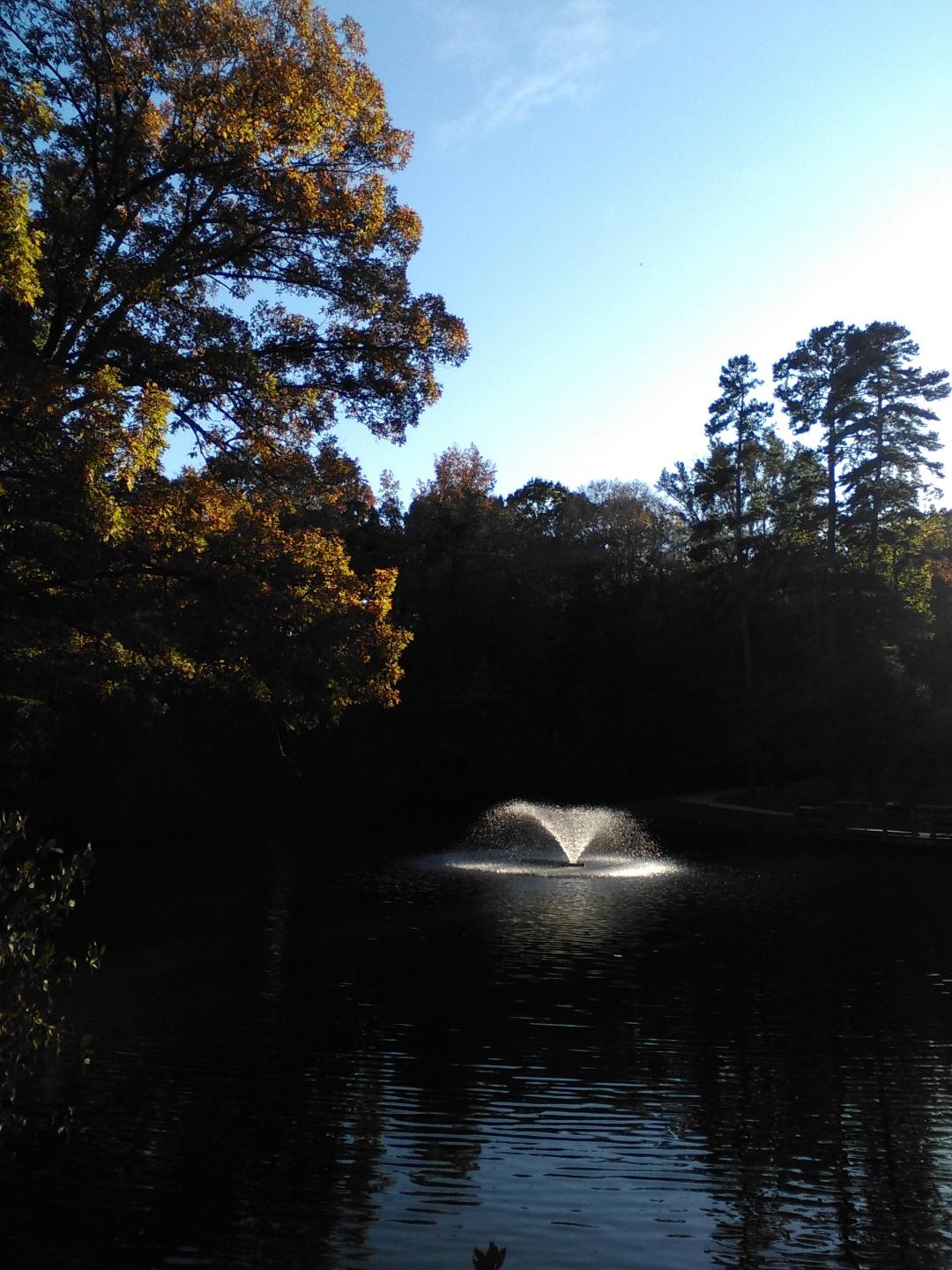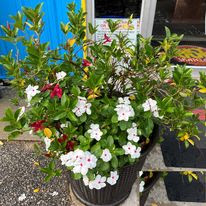A devotion on Isaiah 2 and I Thessalonians 1
Surrounded by the majesty of the ocean, I looked to see the full picture of creation as I observed sharks lying on the shore. Once exalted, lofty, and proud in the sea, they lay humbly discarded on the beach with no more breath in their gills. Vultures descended from high above to the disintegrating fish. Slowly, bit by bit, the sharks were being eaten. Soon the sharks’ carcasses would be gone as the vultures clean the beach. I continued my walk, moving my attention from the grotesque scene, back to the peaceful succession of waves. My original purpose for walking the beach path was restored. Yet the paradox of viewing destruction, then majestic beauty, remained with me.
Isaiah speaks with similar paradox, criticizing the rebellion of humans who do not understand their sin; later with a compassionate vision, pointing towards cleansing and redemption. It is difficult to have a faithful city when arrogance, pride, loftiness and trusting in man cause destruction of our silver, gold, “chariots,” and “horses.” Isaiah prophesies of a day when humans will discard idols to moles and rats, as a shark is given up to vultures. As with observing the grandness of the sea after the shark’s demise, Isaiah looks to a day when the splendor of the Lord’s majesty will be the focus of humans. Jerusalem will again contain righteous people; it will be a faithful city.
Thessalonica becomes that faithful city. Isaiah paints a picture of coming judgment, made inevitable by human failure. Paul writes with joy to a city where people turned from idols to serve a living, true God. Isaiah rebukes arrogant pride; Paul affirms those who stand firm in the Lord. Isaiah prophesies of a day when humans will discard idols to rodents. Paul positively reinforced people were not tempted, but grew in faith and love. Isaiah envisions a majestic God; Paul depicts a God who can make our love increase while strengthening our hearts.
This provides motivation for me to identify and throw away my “horses” and “chariots.” This is not easy to begin, much less accomplish. Some are easy to put away; others I struggle with a desire to keep. Yet Isaiah prompts me to see cleansing of idols like the role of the vulture – the cleaner of the beach. To live as a citizen of a faithful city, I am motivated to increase worship by seeking with renewed fervor the splendor of the majesty of the Lord. Mindful of Christ’s words in Luke, I want to view myself as “a child of the resurrection.”
As Isaiah ends his critique with a compassionate vision of God’s intent for His children, I aim to walk forward, as on the beach, in the paths of the Lord. I aim to seek the splendor of His majesty while progressing through my quiet times and when entering corporate worship.
Saturday, March 20, 2010
Subscribe to:
Post Comments (Atom)









































No comments:
Post a Comment